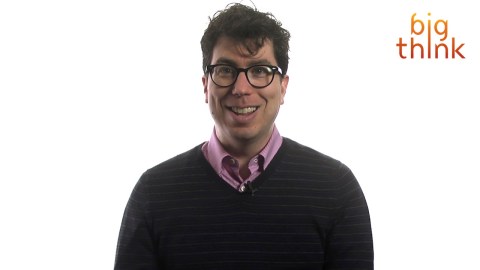The Future of Net Neutrality, with Jonathan Zittrain

Internet service providers have filed suit against the FCC over its recent decision to regulate broadband internet as a public utility, alleging the decision hamstrings the ability of private industry to offer customers new and innovative products.
The FCC’s new regulations stipulate that internet providers cannot (1) block service, (2) slow it down, or (3) prioritize some users over others by creating “fast lanes” that offer faster speeds (in exchange for higher fees). Two broadband service providers, USTelecom and Alamo Broadband, will now challenge that third clause in court.
Praised by some and reviled by others, the FCC’s decision mostly preserved the status quo, says Harvard Law professor Jonathan Zittrain. In a Big Think interview, Zittrain discusses the unusually strong protection the government has given to the internet, which protects users as well as keeps companies from offering a suite of products to its customers.
“The long-term question is going to be to what extent internet service providers feel they need to earn money through something other than cash-and-carry delivery of what we think of as generic broadband. You know, ‘We’re just going to give you good bandwidth; you’re going to pay for it; have fun out there,’ is the internet service provider of the traditional vain.”





